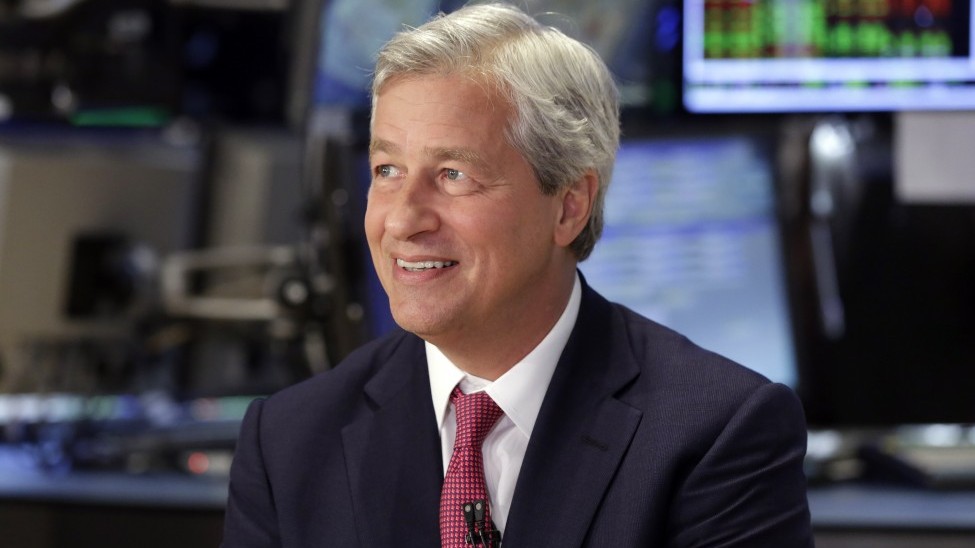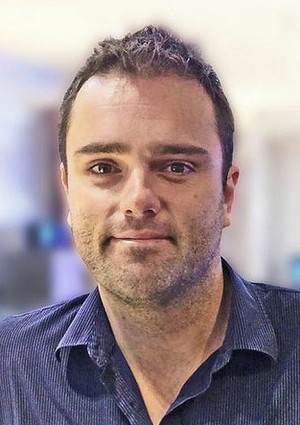Brokerdealer.com blog update is courtesy of InvestmentNews’ Mason Braswell.
Investment Advisor firm, Total Wealth Management, was ordered to pay SEC fraud fines in April. After paying the fine, the firm is now being charged with using clients’ money to pay the initial fraud fines.
Investment adviser Jacob Cooper and his firm, Total Wealth Management, face a fresh set of fraud charges after they attempted to use client funds to settle an earlier fraud case with the Securities and Exchange Commission, according to a new complaint filed Wednesday.
The Securities and Exchange Commission filed the charges against Mr. Cooper and his San Diego-based firm after, according to the complaint, they misused investor money for the original settlement and defrauded clients through unexplained “administrative” fees.
The SEC is now seeking to freeze the firm’s assets, appoint a receiver to oversee remaining funds and assess civil penalties.
Total Wealth Management, which Mr. Cooper founded in 2009 and built up through a weekly radio show on investing, allegedly borrowed $150,000 in client funds to help settle an SEC administrative action from April. In that action, the SEC accused him of fraud for pooling around 75% of clients’ $100 million assets into a private fund, which he then invested in unaffiliated funds that paid an undisclosed revenue-sharing fee back to clients.
In addition, the SEC alleged in its most recent complaint that Mr. Cooper was using investor money to pay for legal fees on a related class action brought by clients, who have not been able to withdraw their money or terminate their relationship.
He allegedly charged several Total Wealth investors between $3,500 and $7,500 per account under the guise of “administrative” fees, the agency said.
Then, in a mass email from Total Wealth Management, the firm purportedly told clients: “Many of you were aware of a class action lawsuit brought on by only a few clients causing fee increases for all.”
“The irony is that [the class action] counsel and a very small group of investors have caused a significant amount of those increased fees they have complained about,” the email added.
The SEC disagreed.
“[Mr.] Cooper has an inherent conflict of interest since he is using investor money to defend himself in a lawsuit brought against him by investors,” the complaint stated.
A lawyer for Mr. Cooper, Charles Field of Chapin Fitzgerald Knaier, declined to comment. A number listed for Total Wealth Management was not in working order.
Mr. Cooper has stated that he is in a period of “deep financial stress,” and that he has “no income” and “no job opportunities,” according to the complaint.
He has been writing fantasy novels, however, including one published last July called “Circle of Reign (The Dying Lands Chronicle Book 1).”
Total Wealth Management had about $103 million in assets under management and 773 client accounts, according to its Form ADV from December. The firm found clients through a weekly radio show Mr. Cooper hosted and through free lunches, the SEC said.
For the original article from InvestmentNews, click here




